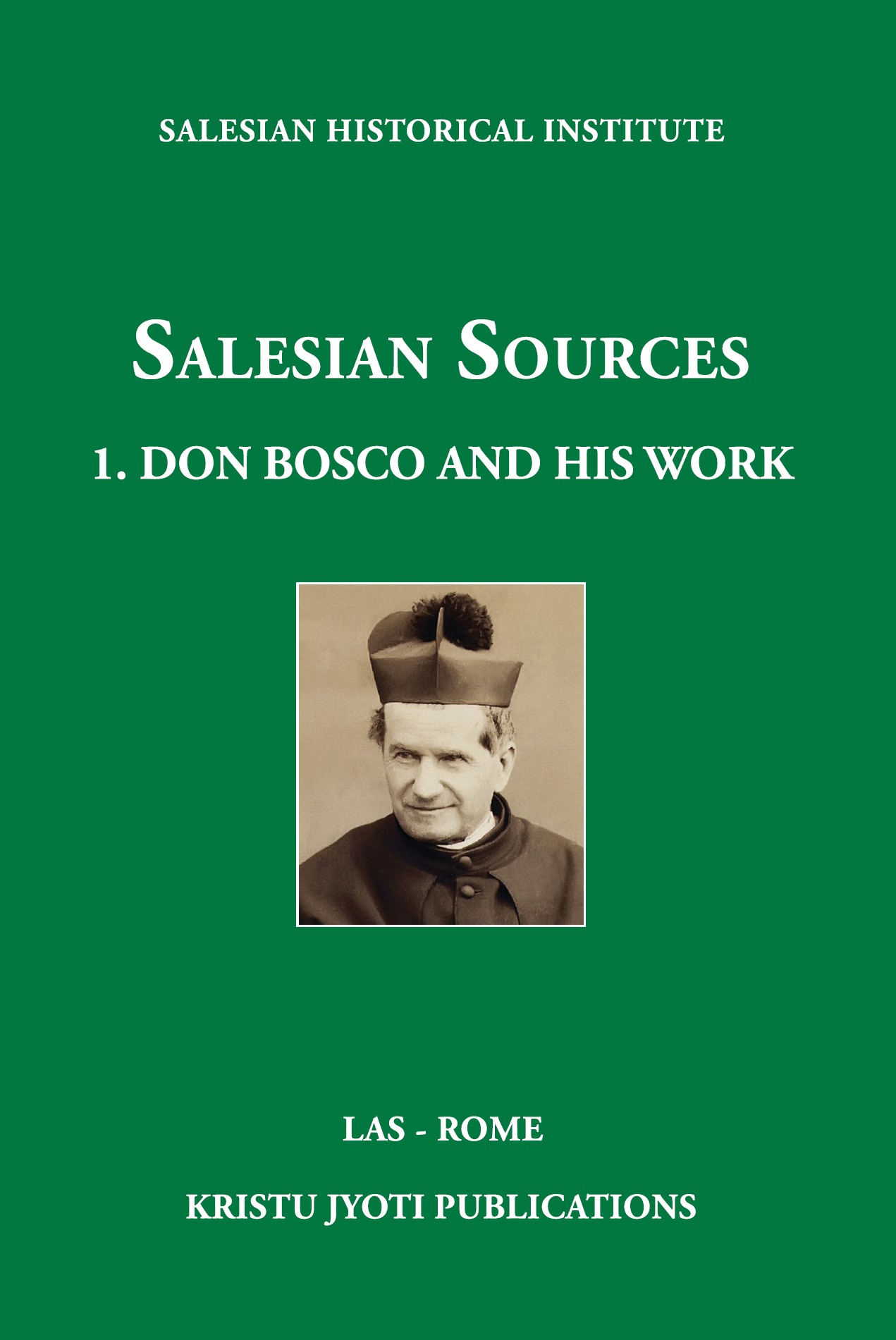As we have just said, for the financial resources needed to supply the everincreasing costs of his work, Don Bosco appealed to institutions: the Royal family, Government authorities, public officials (local council, provincial, state …), existing charitable organisations locally, the National Bank, parishes, dioceses, the Holy See itself through his best supporters, including the Pope.
